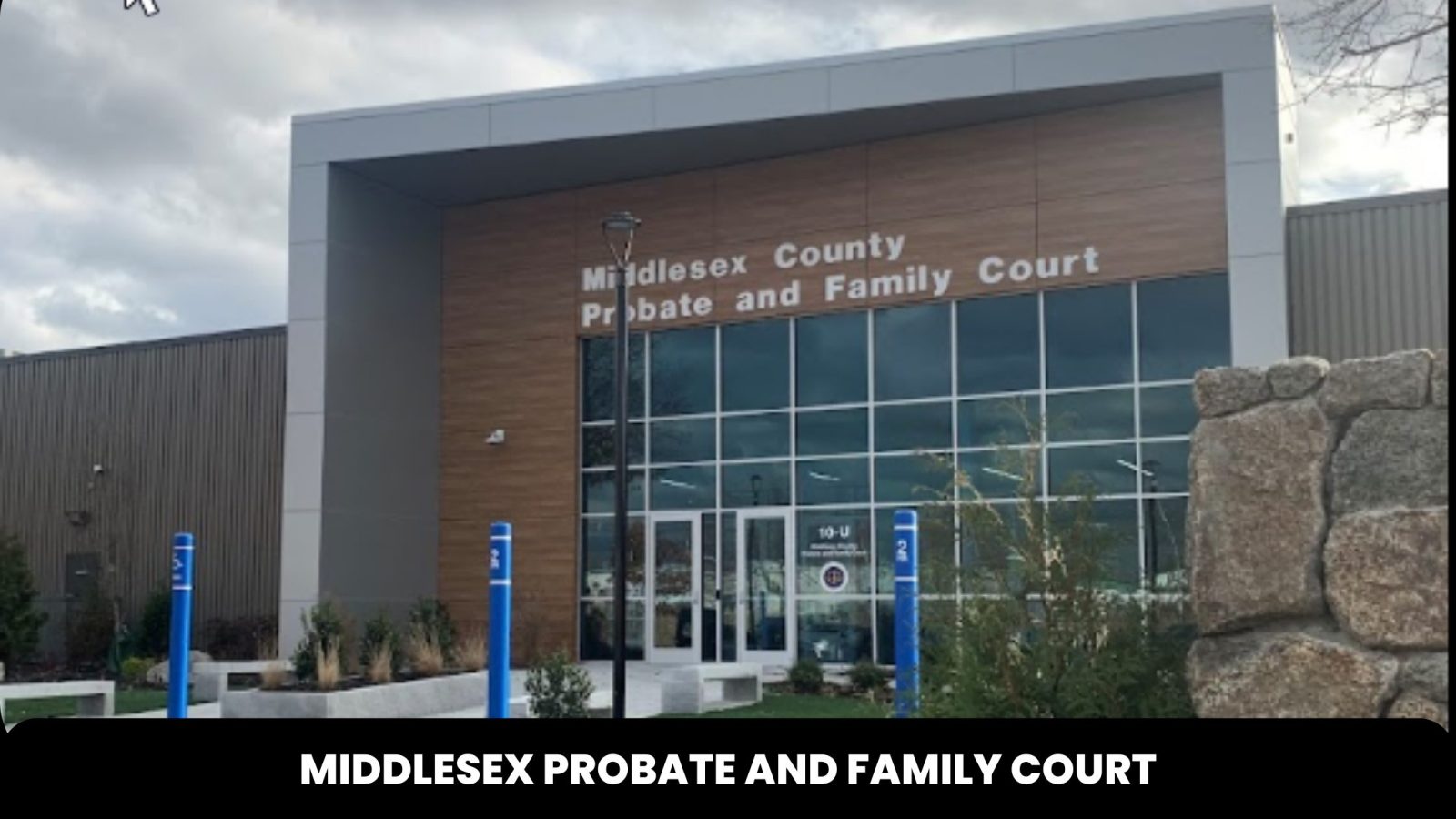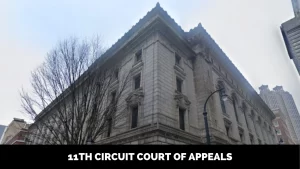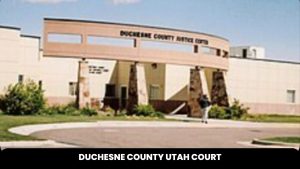Middlesex Probate and Family Court
Time
Working Hours:
Monday:
8 am–4:30 pm
Tuesday:
8 am–4:30 pm
Wednesday:
8 am–4:30 pm
Thursday:
8 am–4:30 pm
Friday:
8 am–4:30 pm
Saturday: closed
Sunday: closed
Connect with a Attorney
Introduction
The Middlesex Probate and Family Court is a state court located in Massachusetts that hears a wide range of legal cases. The court has jurisdiction over probate cases, family law cases, and guardianship cases. The purpose of this article is to provide a comprehensive overview of the Middlesex Probate and Family Court, including its location, types of cases heard, and resources available to litigants.
Brief history of the court: The Middlesex Probate and Family Court has been serving the citizens of Massachusetts for over 200 years. It was established in 1855 and has since become one of the busiest probate and family courts in the state.
Location of the Court
The Middlesex Probate and Family Court is located at: Address: 208 Cambridge St, Cambridge, MA 02141 Contact Information: Phone: (617) 768-5800
Parking and public transportation: There is limited street parking available near the court. Public transportation options include bus and subway service.
Types of Cases Heard at the Court
The Middlesex Probate and Family Court hears a wide range of legal cases, including:
- Probate cases: Probate cases involve the administration of a deceased person’s estate. These cases can include the distribution of assets, payment of debts, and appointment of executors or administrators.
- Family law cases: Family law cases involve disputes between family members, including divorce, child custody, and support issues.
- Guardianship cases involve the appointment of a guardian for a minor child or an adult with a disability. These cases may also include issues related to the authority and responsibilities of a guardian.
see also Shenandoah General District Court
Filing a Case at the Middlesex Probate and Family Court
If you have a legal dispute that falls within the jurisdiction of the Middlesex Probate and Family Court, you may file a case. The following are the requirements for filing a case:
- Requirements for filing: To file a case, you must have standing, which means you must have a direct and personal interest in the case. You must also provide the court with the necessary paperwork, including a complaint or petition.
- Fees and payment options: There is a filing fee for each case, which can be paid by cash, check, or credit card.
- How to file a case: To file a case, you must complete the necessary paperwork and file it with the court. You must also pay the filing fee.
Representing Yourself in Court
If you choose to represent yourself in court, you will be responsible for preparing your case and presenting your arguments to the judge. The following are some pros and cons of self-representation:
- Pros of self-representation: Representing yourself can save you money and give you control over your case.
- Cons of self-representation: Representing yourself can be time-consuming and stressful, and you may not have the legal knowledge and skills necessary to effectively present your case.
- Resources for self-represented litigants: The Middlesex Probate and Family Court offers resources for self-represented litigants, including self-help centers, forms and instructions, and court-appointed guardian ad litem programs.
Hiring an Attorney
If you decide to hire an attorney to represent you in court, it is important to choose a qualified attorney who has experience in the area of law relevant to your case. The following are some tips for finding and working with an attorney:
- How to find a qualified attorney: You can find a qualified attorney by asking for referrals from friends and family, conducting an online search, or contacting a local bar association.
- Benefits of hiring an attorney: Hiring an attorney can help you navigate the court system, present your case effectively, and protect your rights.
- How to prepare for your first meeting with an attorney: To prepare for your first meeting with an attorney, gather all relevant documents and information about your case, and be prepared to discuss your goals and expectations.
Mediation at the Middlesex Probate and Family Court
Mediation is a process in which a neutral third party helps disputing parties reach a mutually acceptable resolution. The following are some benefits and information about mediation at the Middlesex Probate and Family Court:
- Definition of mediation: Mediation is a process in which a neutral third party helps disputing parties reach a mutually acceptable resolution.
- Benefits of mediation: Mediation can be faster and less expensive than going to trial, and it allows the parties to have more control over the outcome of their case.
- How to request mediation: To request mediation, you must complete a request form and file it with the court.
Trial Process
If your case goes to trial, you will need to prepare for and participate in the trial process. The following are some key aspects of the trial process:
- Preparation for trial: To prepare for trial, you will need to gather evidence, witnesses, and any other relevant information.
- Role of the judge and court staff: The judge will preside over the trial and make decisions on legal issues, while court staff will assist in organizing and managing the trial process.
- Conducting a trial: During the trial, you will present your case to the judge, including any evidence and witness testimony. The judge will make a decision based on the evidence and arguments presented.
Appeals
If you are not satisfied with the outcome of your case, you may have the option to appeal the decision. The following are some key information about appeals:
- Reasons for appealing a decision: You may appeal a decision if you believe that the judge made a legal error, or if you disagree with the outcome of your case.
- How to file an appeal: To file an appeal, you must complete the necessary paperwork and file it with the court.
- Deadline for filing an appeal: The deadline for filing an appeal varies depending on the type of case and the circumstances of your case.
Post-Trial Matters
After a trial, there may be additional matters to be resolved, such as enforcing a court order or modifying a court order. The following are some key information about post-trial matters:
- Enforcing a court order: If a court order is not being followed, you may need to take legal action to enforce the order.
- Modifying a court order: If your circumstances have changed, you may be able to modify a court order.
- Transferring a case to another court: In some cases, you may need to transfer your case to another court.
Services and Resources Offered by the Court
The Middlesex Probate and Family Court offers a range of services and resources to help litigants navigate the court system. The following are some key information about the services and resources offered by the court:
- Self-help center: The self-help center offers assistance and resources to self-represented litigants.
- Forms and instructions: The court provides forms and instructions to help you complete and file the necessary paperwork.
- Court-appointed guardian ad litem program: The court-appointed guardian ad litem program provides guardians to represent the interests of minors or individuals with disabilities in court proceedings.
Court Rules and Procedures
The Middlesex Probate and Family Court follows local rules and procedures, as well as general court rules and procedures. The following are some key information about court rules and procedures:
- Local rules and procedures: The Middlesex Probate and Family Court has its own set of local rules and procedures that govern the court’s operations.
- General court rules and procedures: In addition to local rules and procedures, the Middlesex Probate and Family Court must also comply with general court rules and procedures.
- How to obtain a copy of court rules and procedures: You can obtain a copy of the court rules and procedures by contacting the court or visiting the court’s website.
Privacy and Confidentiality
The Middlesex Probate and Family Court takes privacy and confidentiality seriously. The following are some key information about privacy and confidentiality in the court:
- Protecting personal information: The court takes steps to protect the personal information of litigants, including sensitive information such as social security numbers and financial information.
- Confidentiality of court records: Court records are generally confidential, and access to court records is limited.
- How to obtain confidential court records: To obtain confidential court records, you must have a valid reason for accessing the records and obtain approval from the court.
Middlesex Probate Court
The Middlesex Probate Court is a state court located in Massachusetts that hears probate cases, which are cases related to the administration of estates, including the appointment of executors, distribution of assets, and settling of debts.
Middlesex Probate and Family Court North
The Middlesex Probate and Family Court North is one of the divisions of the Middlesex Probate and Family Court, located in the northern region of the county. This division hears a wide range of legal cases, including probate, family law, and guardianship cases.
see also Fort Bend County Courthouse
Middlesex Probate and Family Court Forms
The Middlesex Probate and Family Court provides forms and instructions to help litigants complete and file the necessary paperwork for their cases. These forms can be obtained from the court or from the court’s website.
Middlesex Probate Court Records
The records of the Middlesex Probate Court are generally confidential, and access to these records is limited. To obtain confidential court records, you must have a valid reason for accessing the records and obtain approval from the court.
Middlesex Probate and Family Court Divorce Department
The Middlesex Probate and Family Court has a divorce department that hears family law cases, including divorce cases. This department is responsible for handling the legal proceedings related to divorce, including the division of assets and custody of children.
Middlesex Probate and Family Court Virtual Registry
The Middlesex Probate and Family Court has a virtual registry that allows litigants to access court information and file documents online. This virtual registry can be accessed from the court’s website.
Middlesex Probate and Family Court Woburn
The Middlesex Probate and Family Court Woburn is one of the divisions of the Middlesex Probate and Family Court, located in the city of Woburn. This division hears a wide range of legal cases, including probate, family law, and guardianship cases.
Conclusion
The Middlesex Probate and Family Court is a state court located in Massachusetts that hears a wide range of legal cases, including probate, family law, and guardianship cases. Whether you are representing yourself or hiring an attorney, it is important to understand the court’s procedures and resources. The court offers a range of services and resources to help litigants navigate the court system, and takes privacy and confidentiality seriously. If you have a legal dispute that falls within the jurisdiction of the Middlesex Probate and Family Court, it is important to take the necessary steps to resolve your case.
FAQs
- What is the Middlesex Probate and Family Court?
- The Middlesex Probate and Family Court is a state court located in Massachusetts that hears a wide range of legal cases, including probate, family law, and guardianship cases.
- What types of cases does the Middlesex Probate and Family Court hear?
- The Middlesex Probate and Family Court hears probate cases, family law cases, and guardianship cases.
- Can I represent myself in court at the Middlesex Probate and Family Court?
- Yes, you can represent yourself in court at the Middlesex Probate and Family Court. However, it is important to consider the pros and cons of self-representation and to take advantage of the resources available to self-represented litigants.
- What are the benefits of hiring an attorney for a case at the Middlesex Probate and Family Court?
- The benefits of hiring an attorney for a case at the Middlesex Probate and Family Court include having a knowledgeable and experienced advocate to navigate the court system and present your case effectively, and to protect your rights.
- Is mediation available at the Middlesex Probate and Family Court?
- Yes, mediation is available at the Middlesex Probate and Family Court. Mediation is a process in which a neutral third party helps disputing parties reach a mutually acceptable resolution.







